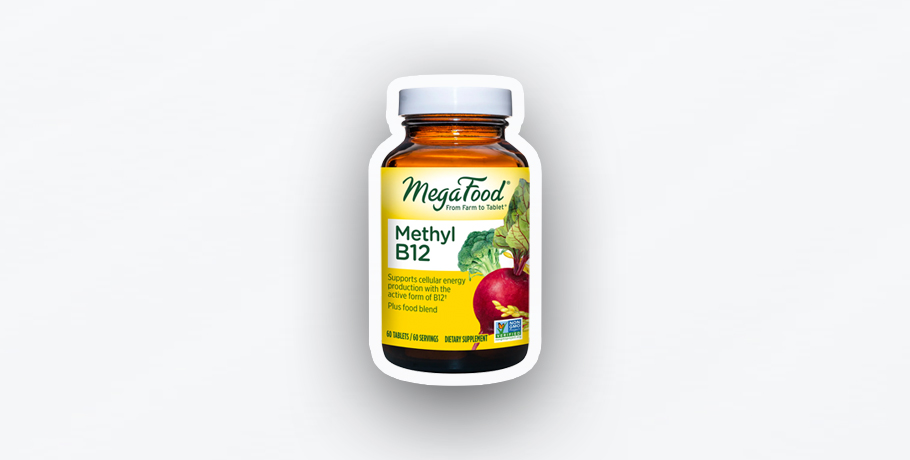
What is Vitamin B12?
Vitamin B12, also known as cobalamin, is a water-soluble vitamin that is essential for the normal functioning and well-being of the body. It plays a central role in the production of red blood cells, cell division, nerve function, and the metabolism of homocysteine, an amino acid that can be harmful in high levels. A deficiency in B12 can lead to anemia, neurological problems, and elevated homocysteine levels, which increase the risk of cardiovascular diseases.
Vitamin B12 in Food
Vitamin B12 is primarily found in animal-based foods, such as:
- Meat, such as beef, pork, and lamb
- Poultry, such as chicken and turkey
- Fish and shellfish, such as salmon, tuna, and shrimp
- Dairy products, such as milk, yogurt, and cheese
- Eggs
For vegetarians and vegans, it can be a challenge to get enough B12 through diet.
Can You Overdose on B12 Vitamin?
No, there is no evidence to suggest that you can consume too much B12 vitamin. Vitamin B12 is water-soluble, which means any excess is excreted through urine. This also means the risk of overdose is low. There are no known harmful effects from consuming too much B12, but it’s always best to follow the recommended doses for supplements to avoid any potential side effects.
The UL value (Upper Level or Tolerable Upper Intake Level) is a term used in nutrition science to indicate the highest daily amount of a nutrient that can be consumed without risking negative health effects. The UL value is set by expert panels that assess the available scientific research on nutrients and their potential risks. They consider all known sources of the nutrient, including diet, supplements, and, in some cases, fortified foods. There is no registered UL value for vitamin B12 (cobalamin). Negative health effects are unlikely, even with high intake.
How Much B12 Do You Need?
The recommended daily intake (RDI) for vitamin B12 varies depending on age, gender, lifestyle, and health condition. For adults, the RDI is:
- Men and women: 2.4 µg
- Pregnant and breastfeeding women have a slightly higher need for B12, with an RDI of 2.6 µg and 2.8 µg, respectively.
The absorption of vitamin B12 in the small intestine is extremely low, which is why B12 supplements often contain very high doses.
Sources & References
Swedish National Food Agency: https://www.livsmedelsverket.se/livsmedel-och-innehall/naringsamne/vitaminer-och-antioxidanter/vitamin-b12
Ryan-Harshman M, Aldoori W. Can Fam Physician. 2008 PMCID: PMC2294088.
